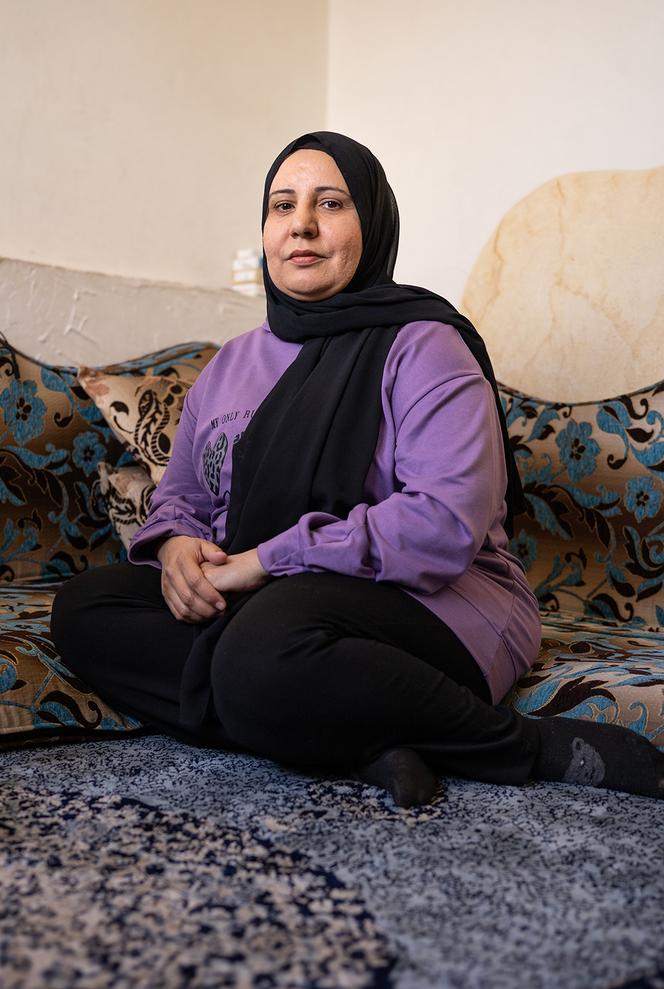


Najwa Harba kept a watchful eye on her phone, always attentive in case one of her patients needed her. In her two-room apartment in the Al-Zahira district of Damascus, a few rugs and floor cushions decorated the living room. This was where she lived and worked after her return to Syria on December 10, 2024, two days after the fall of Bashar al-Assad.
This 48-year-old psychologist, discreetly made up and wearing a carefully arranged black veil, supported those who had just been released from the former dictator's prisons. Due to a lack of resources and geographical distance, she most often held consultations over video. When electricity was unstable or the internet connection faltered, she switched to texting. Harba listened, consoled and tried to heal the souls fractured by the hell of detention.
You have 78.24% of this article left to read. The rest is for subscribers only.
